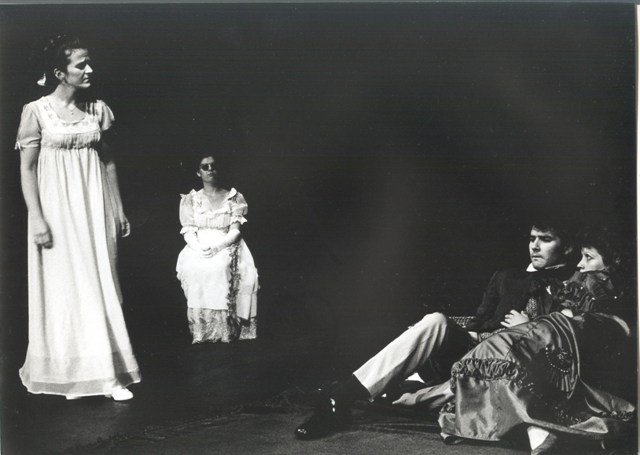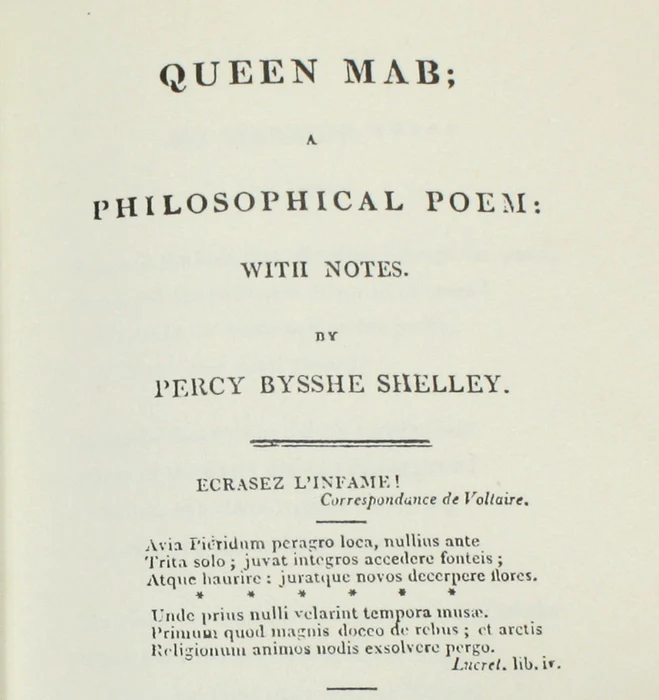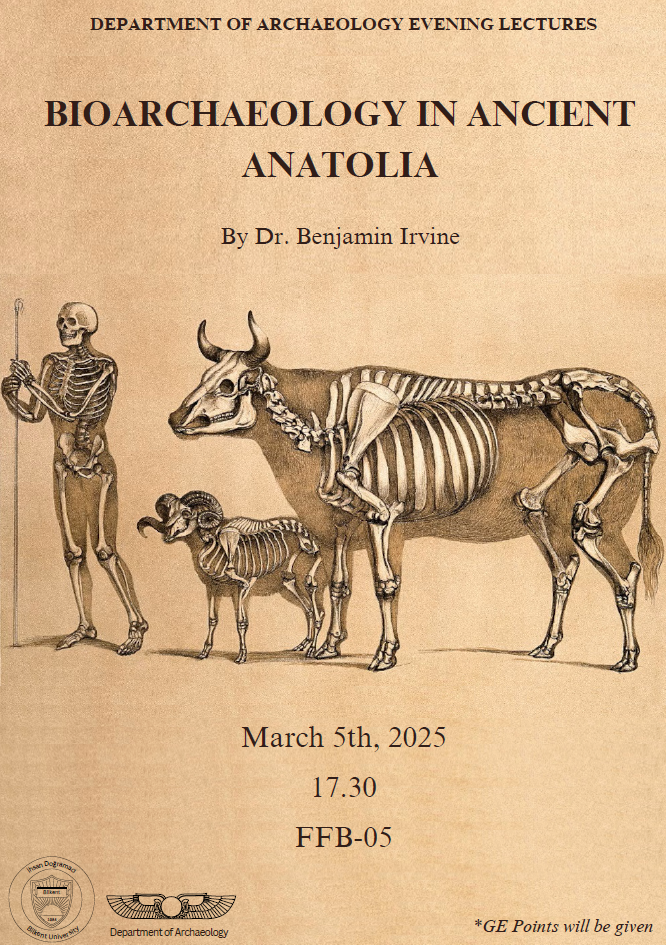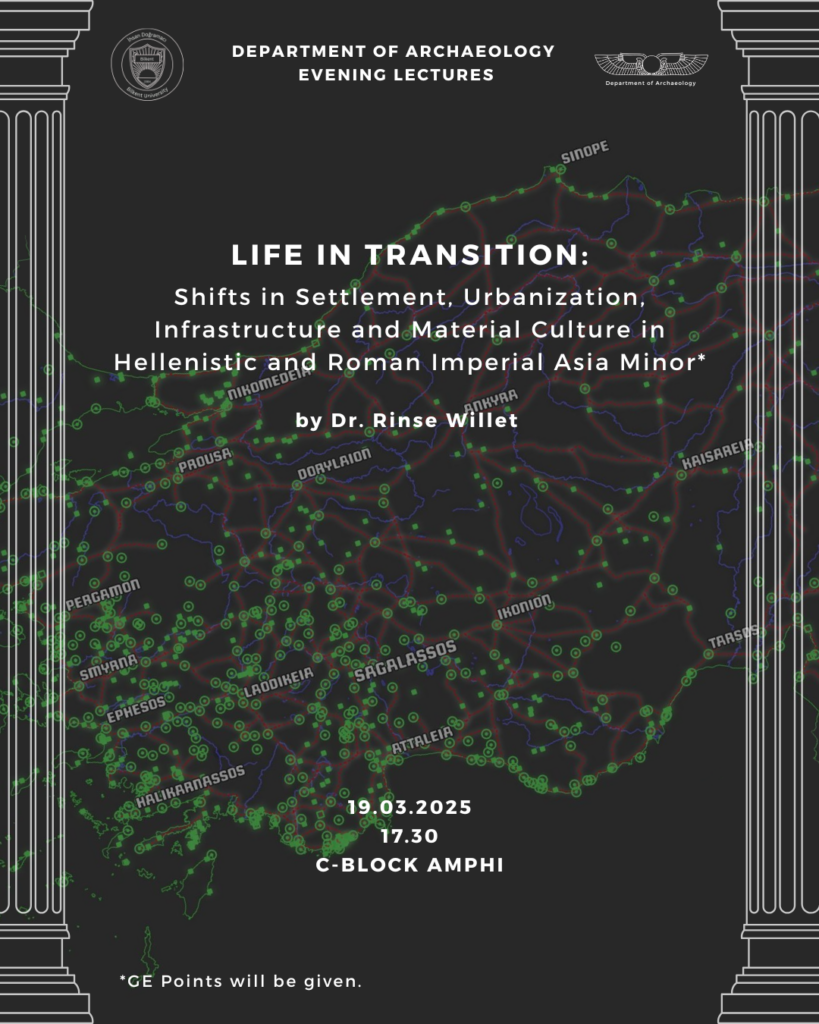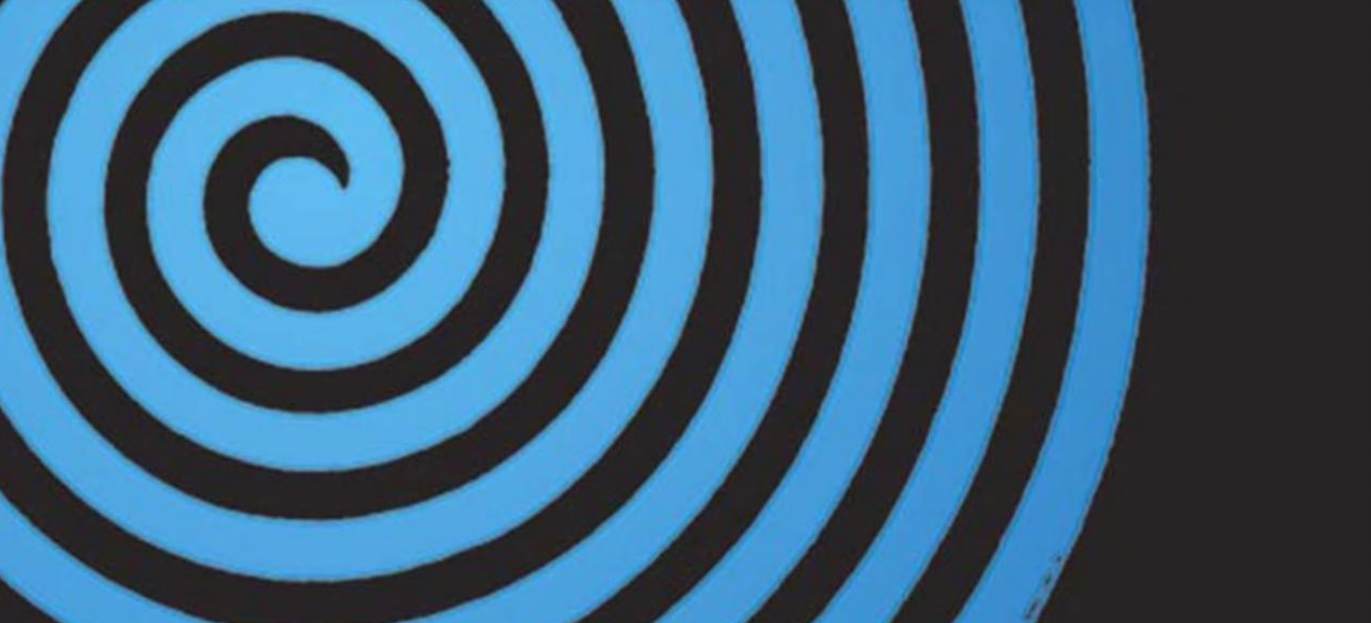Talk: What Would Grow From a Buried Bed? Nature and Culture in Antiphon’s On Truth
Talk: What Would Grow From a Buried Bed? Nature and Culture in Antiphon’s On Truth By Luke Lea (Columbia, Classics) Date: Wednesday, February 12, 2025 Time: 1230-1330 Room: H232 Abstract: Reflection on culture and civilization sometimes pits nature against products of human activity and invention such as art, technology, law, and political order. Inquiry into the antithesis of nomos (law, […]
Talk: Redeeming Failed States: Allegory and the National Imagination
H232 Bilkent University, Ankara, Ankara, TurkeyTalk: Redeeming Failed States: Allegory and the National Imagination By Ashwin Bajaj (UC Irvine, Comparative Literature) Date: Thursday, February 12, 2025 Time: 1730-1900 Room: H232 Abstract: My talk, “Redeeming Failed States: Allegory and the Literary Imagination,” begins by returning to the concluding section of Marx’s Capital in order to uncover two issues relevant to thinking post-coloniality: namely, difference and origin. […]
Conference: Human Mobility, Migration, and Colonization in the Ancient Near East
Bilkent University Bilkent University, Ankara, Ankara, TurkeyHuman Mobility, Migration, and Colonization in the Ancient Near East Dates: 22-23 February, 2025 Description: This event is part of the Önasya Arkeolojisi Toplantıları series, bringing together scholars from various disciplines, including history, epigraphy, philology, archaeology, and anthropology, to explore human mobility, trade networks, craftspeople movement, large-scale migration, and colonization in the Eastern Mediterranean from the Neolithic to the Iron […]
Talk: How Chances It They Travel? Mapping Itinerant Theater in Early Modern Europe
Talk: How Chances It They Travel?: Mapping Itinerant Theater in Early Modern Europe By Emily Glider (Boston University, Literary and Cultural Theory) Date: Monday, February 24, 2025 Time: 1230-1330 Room: H232 Abstract: Itinerant theater has long been represented as a “chance” affair: troupes of “wandering” or “strolling” players performing on an opportunistic basis at various courts, cities, and trade fairs […]
Talk: “It Will Be Like a Statue,” or: Place and Utopia in London’s Theaters
Talk: “It Will Be Like a Statue,” or: Place and Utopia in London’s Theaters By Madeleine Read (University of California Irvine, English) Date: Wednesday, February 26, 2025 Time: 1730-1900 Room: H232 Abstract: In 1988, London’s Royal Court Theatre produced a series by Howard Brenton billed as “Three Plays Toward Utopia.” Utopia is a genre with intricate and abiding English roots, […]
Talk: The Automation Bias – Radio Art and American Technopolitics.
Talk: The Automation Bias - Radio Art and American Technopolitics. By Andy Kelleher Stuhl (McGill, Art History & Communication Studies) Date: Tuesday, 4 March Time: 1730-1900 Room: G-140 Abstract: In the 1960s and 1970s, a new technology—radio automation—was changing how sound and information flowed among American audiences, musicians, and creative intermediaries like disc jockeys. But automation did not take hold […]
Talk: Upscaling – On the Cross-Scalar Movement of Modernity
Talk: Upscaling: On the Cross-Scalar Movement of Modernity By Kirill Chepurin (ICI Berlin) Date: Wednesday, March 5, 2025 Time: 1230-1330 Room: H232 Abstract: This talk argues that “modernity,” emerging as epoch and normative program in Enlightenment and Romantic thought, is a cross-scalar category that has, from the outset, served to mediate across three scales: the global, the planetary, and the […]
Talk: Bioarchaeology in Ancient Anatolia
Bilkent University Bilkent University, Ankara, Ankara, TurkeyTitle: Bioarchaeology in Ancient Anatolia By Benjamin Irvine (BIAA-Hacettepe) Dates: 5 March, 2025 Time: 1730-1900 Place: FFB-05 Abstract: Bioarchaeology, the study of bones and other biological materials found in archaeological contexts, can provide a wealth of information about human life and the environment in the past. This talk will examine how bioarchaeological methodologies can tackle important and broad questions related […]
Talk: Life in transition – Shifts in settlement, urbanization, infrastructure and material culture in Hellenistic and Roman Imperial Asia Minor
Bilkent University Bilkent University, Ankara, Ankara, TurkeyTitle: Life in transition – Shifts in settlement, urbanization, infrastructure and material culture in Hellenistic and Roman Imperial Asia Minor By Dr. Rinse Willet (University of Nijmegen) Dates: 19 March, 2025 Time: 1730-1900 Place: C-Block amphi Abstract: During the Hellenistic to Roman Imperial periods, Anatolia saw a rise in cities, monumental architecture, and infrastructure. Roman rule formalized communication networks like […]
Talk: Proximal Functions and the Distribution of Episodic Memory
Title: Proximal Functions and the Distribution of Episodic Memory By Arieh Schwartz (London School of Economics and Political Science, Philosophy) Date: Thursday, April 10, 2025 Time: 1530-1700 Room: H232 Abstract: Most textbook discussions of memory include a tree diagram distinguishing different memory systems. Episodic memory is distinguished from semantic memory. These are distinguished from procedural memory, and so on. There is broad, (though not universal) agreement about […]
Talk: Lost in Imagination – Reality Principle and World Literature
Talk: Lost in Imagination - Reality Principle and World Literature By Mehmet Yıldız (Harvard, Comparative Literature) Date: Monday, April 14, 2025 Time: 1730-1900 Room: H232 Abstract: A fundamental question within the debate surrounding the contemporary notion of world literature concerns the possible misappropriation of texts in foreign contexts. In this talk, I trace such a concern to a commitment towards the […]
Talk: What Is a Free Will? Reflections on Suárez
Title: What Is a Free Will? Reflections on Suárez By Dominik Perler (Humboldt-Universität zu Berlin, Philosophy) Date: Thursday, April 17, 2025 Time: 1530-1700 Room: H232 Abstract: Why are we free in our actions? Suárez, an influential late scholastic author, gives a clear answer: we are free because we have a free will. The will is never determined to accept the action-guiding judgment […]




